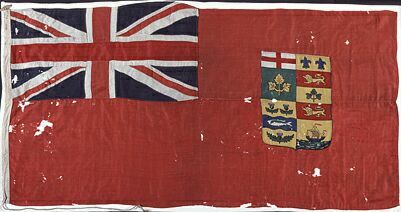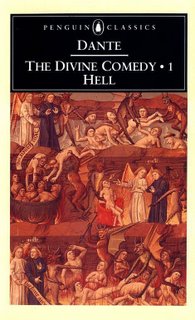
That is, our focused study of
Parade's End is coming to and an end. For me, Madox Ford's master-work is the centre of our course: a major literary work which gives gravity to a select cluster of consequential satellite novels and first-class poetry. Not only a tetralogy but a foundational text in the development of literary modernism,
Parade's End is daunting enough in its mere form. Moreover, its setting in the span, across the Great War, from the Edwardian to the Georgian eras; and its representation of a social ideal - English Toryism -- as dead entirely to us as the Myan priesthood, adds blank unfamiliarity to the challenges that the book seemingly presents to today's reader.
Yet, that being said, in my estimation, Ford has done what only literary genius proper can do: craft his art into a delightfully, trippingly, captivatingly readable narrative. Now, admittedly I have loved Edwardian fiction from youth, brought a passionate conviction that the absolute horror of First World War shaped our own world down to the smallest cultural effect (not the so-called butterfly effect but the
rogue moon, Deep Impact asteroid-collision effect;) and allow, even encourage, the distortions caused by my Yorkshire
diaspora to influence my reading. But still,
Parade's End is simple & varied, fast-paced, engagingly clever, suspenseful and arousing, and a real tale of a love triangle between three alluring chracters.
In a phrase, it is not
Ulysses -- though Madox Ford was instrumental in the successful creation, advocacy and defence of Joyce's
cause celebre. Now we have completed our three-week study of
Parade's End, we have, I believe, a very strong sense of the Great War in its historical context; of the political and social nexus that created and prolonged trench warfare; of the timbre of the men -- mass millions yet discretely individual -- who, if they did not die or lie smashed, fought for four years amid rats, gas and shell-shock, up to their necks in mud; of the character of an Age, dead and discredited, but with much, if seen advisedly and from a charitable prospect, to commend it and to admire.
The lectures on
Parade's End sought to make the larger work accessible by concentrating on its binding themes: the history, characteristics and fate of English Toryism; the literary devices, techniques and methods of Madox Ford's vanguard modernism; the operation of Freudianism in the text; and the manifold binaries represented by Tietjens and Sylvia -- repression & impulse; Sadism in its clinical sense & continence on principle; Roman Catholicism & Anglicanism; promiscuity & monogamy; Whigism & traditionalism; id & super-ego,
etc. etc.Please be encouraged to add your comments (either signed or anonymous) to this post on your assessment of our engagement with
Parade's End.
 Our State TV network has a two-part show on WWI: The Great War: first broadcast April 14 2007, and with the son of former Prime Minister Pierre Trudeau as one of the actors.
Our State TV network has a two-part show on WWI: The Great War: first broadcast April 14 2007, and with the son of former Prime Minister Pierre Trudeau as one of the actors.



























